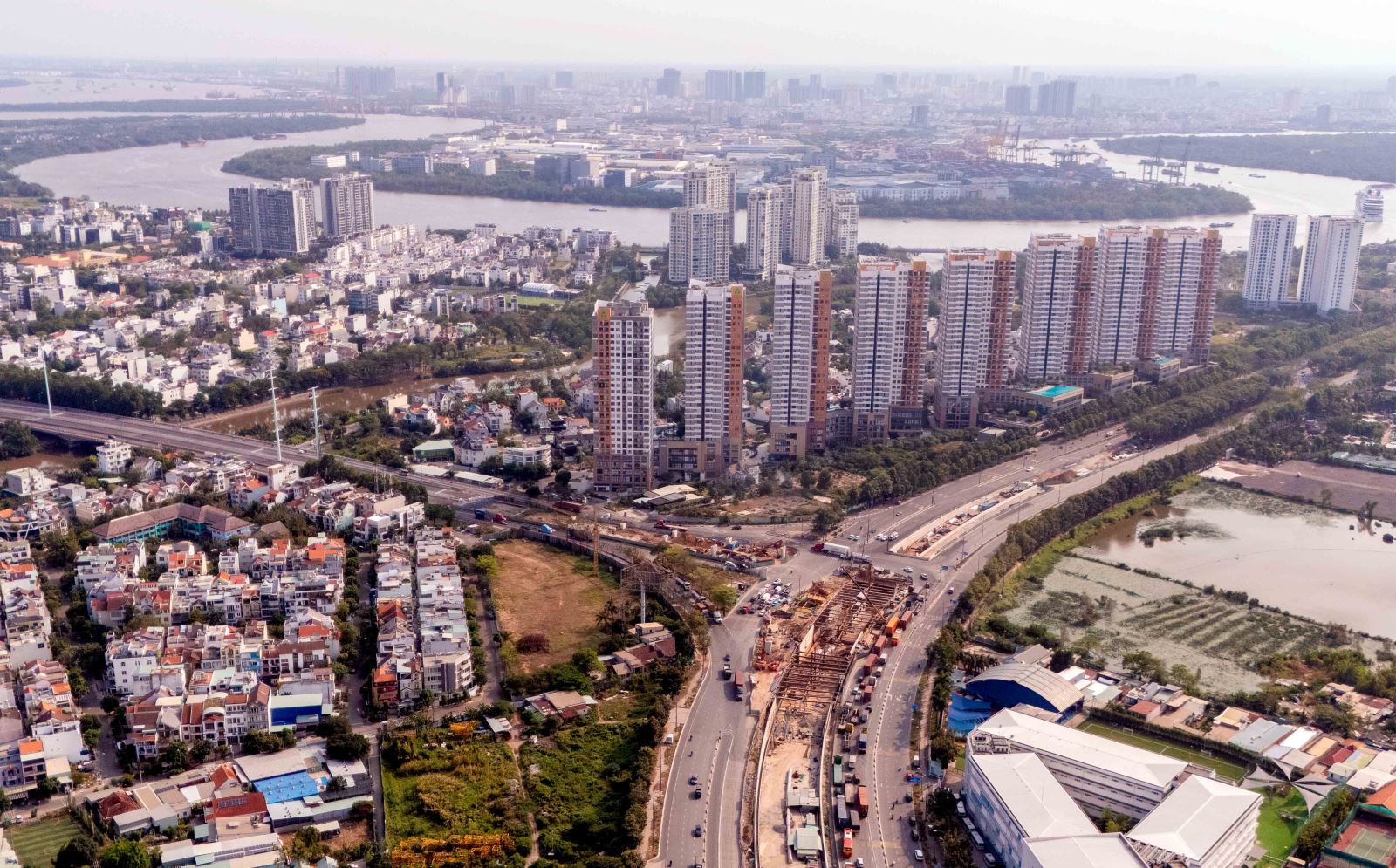 |
| An apartment project in Thu Duc City |
In reality, the regulation requiring bidding, although intended for transparency, is the reason why many projects are "suspended" due to a lack of qualified investors. Land funds for social housing in commercial urban areas are also left vacant, affecting the goal of developing 1 million houses by 2030.
The Ministry of Construction once admitted that the bidding mechanism is one of the reasons for the delay in the supply of social housing in large cities, seriously affecting the goal of developing at least 1 million social housing units by 2030.
According to Resolution 201, social housing projects that do not use public investment capital will be assigned directly to investors if they meet the capacity requirements. Specifically, projects that have an investment policy: The competent authority is assigned the investor, without the need for bidding.
For projects that have issued bidding documents but have not yet had results before July 1, 2025, the Provincial People's Committee has the right to choose to continue bidding or appoint. For new projects, the approval of investment policy and assignment of investors are carried out simultaneously, without requiring bidding.
In addition, the provincial People's Committee has the right to assign or simultaneously approve the investment policy and assign investors for normal social housing projects. The Ministry of National Defense and the Ministry of Public Security are assigned investors for projects serving the armed forces after agreeing with the locality on the land location, without decentralization of authority.
The assignment of investors under the new mechanism replaces the procedures for approval of policies and bidding, and is also the legal basis for land allocation, land lease, and conversion of land use purposes, helping to shorten implementation time.
In addition, the Resolution also stipulates that investors must fully meet the legal conditions for real estate business. If many investors register, the selection criteria include experience, financial capacity and other criteria prescribed by the Government to avoid over-delivery, ensuring project progress and quality.
Although the mechanism for non-bid delivery is considered flexible, experts warn that it is necessary to strengthen supervision and transparency to prevent group interests, wrongly selecting weak investors or controlling selling prices. Therefore, the role of inspection and supervision by localities and inspection and auditing agencies is extremely important in the implementation phase.
With the new policy taking effect from July 1, 2025, the market expects a wave of social housing projects to be launched faster, especially in large cities, where there is a “thirst” for housing for low-income people, workers, officers, armed forces, etc.
Removing the procedural “bottleneck”, if accompanied by strict and public management, Resolution 201 can become the “golden key” to realizing the goal of housing for millions of Vietnamese people.
Source: https://huengaynay.vn/kinh-te/tu-1-7-2025-giao-chu-dau-tu-nha-o-xa-hoi-khong-can-dau-thau-154288.html











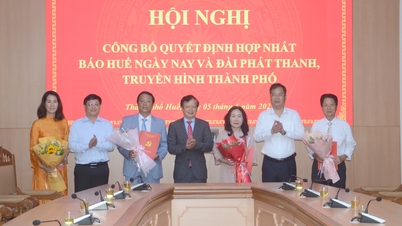




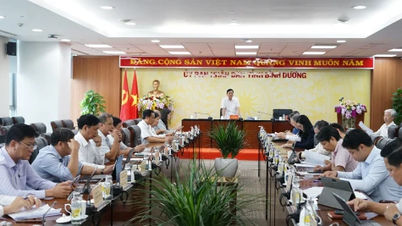






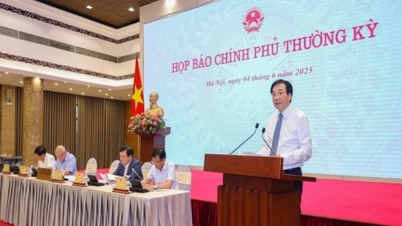

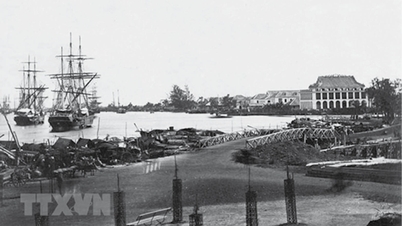
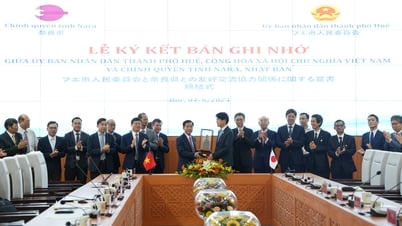














































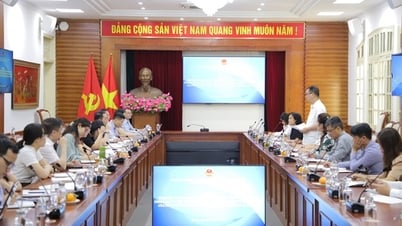


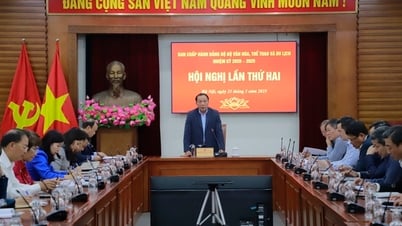

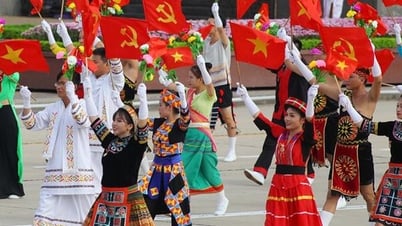
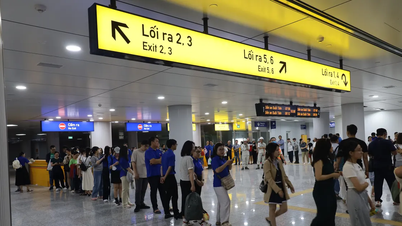



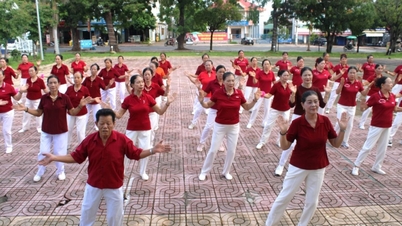

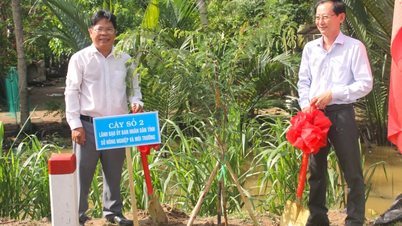












Comment (0)